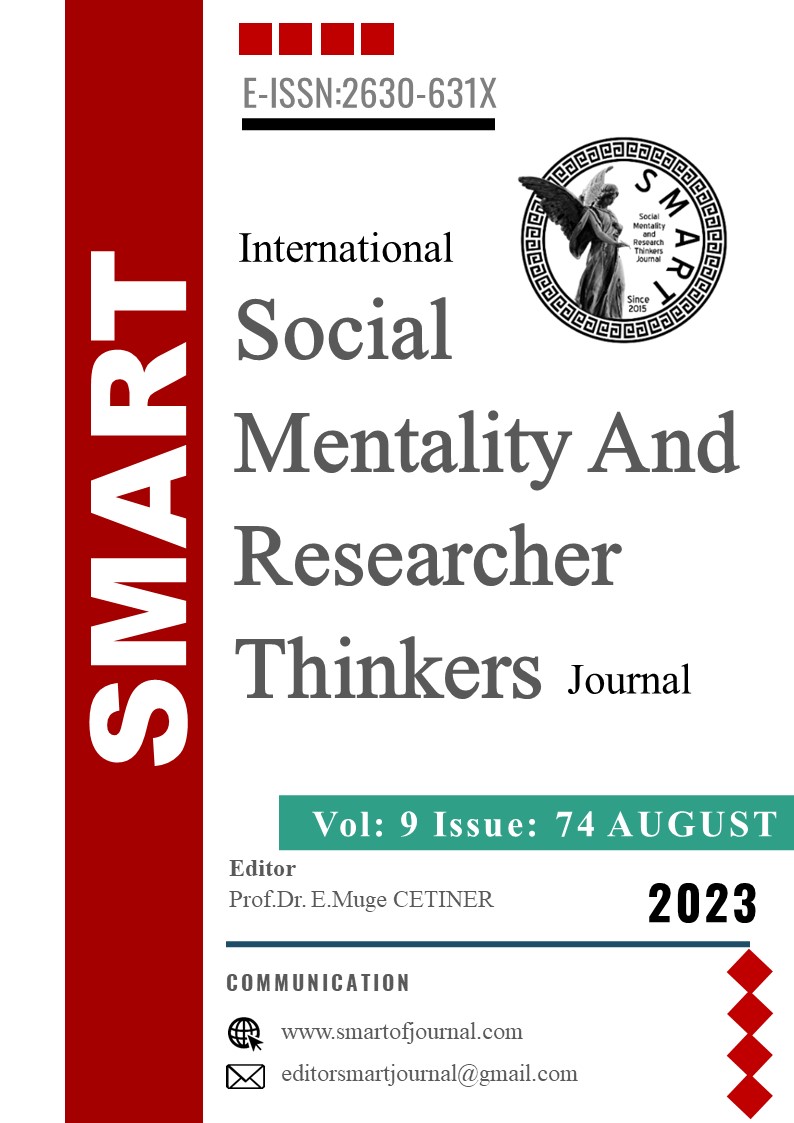Author :
Abstract
Eğitim, insanlık tarihinde üzerinde en çok düşünülen konulardan biri olmuştur. Bilim insanları, düşünürler, eğitimciler kendilerine göre geliştirdikleri birçok “eğitim” tanımı ortaya koymuşlardır. Bunların ortak vurgusu, eğitimin, bireyde kendi yaşantıları yoluyla istendik davranış değişikliği meydana getirme süreci olmasıdır. İnsan, kendisinin de bir parçası olduğu evrenin sırlarını çözmeye çalışırken kullandığı çeşitli disiplinlerin yanında felsefeyi de sürekli kullanmıştır. Kaynağını bilgelik sevgisinden alan felsefe ve eğitim her zaman iç içe olmuştur. Felsefe ve eğitimi birleştiren temel unsur insan ögesidir. Felsefe, insan düşüncesinin bir ürünüdür ve insan bu ürün aracılığıyla eğitilir. Eğitim felsefesi, eğitimin ne olduğunu tartışan, onu belirleyen faaliyetleri ve eğitim alanını meydana getiren kavramları sorgulayıp çözümleyen bir felsefe disiplinidir. Eğitim felsefesinin tıpkı felsefedeki gibi analitik, eleştirel ve normatif yönleri vardır. Eleştirel eğitim felsefesi, 20.yüzyılda hem klasik eğitim felsefesine hem de analitik eğitim felsefesine yönelik ortaya çıkmış ve aynı zamanda onların bir sentezi olan yeni bir eğitim felsefesi akımıdır. Paulo Freire, eleştirel eğitim felsefesinin (eleştirel pedagoji) en önde gelen isimlerinden biri olarak kabul edilir. Freire, eğitim ve öğretim faaliyetlerine yönelik teorik olduğu kadar çok önemli pratik katkılar da ortaya koymuştur. Bu çalışmada Paulo Freire’nin eleştirel eğitim felsefesi anlayışına göre eğitim ve öğretim faaliyetlerini yürüten bir öğretmenin rolü ve hangi özelliklere sahip olması gerektiği üzerinde durulmuştur. Bu amaçla çalışmada nitel araştırma modellerinden doküman incelemesi yöntemi kullanılmıştır.
Keywords
Abstract
Education has been one of the most considered issues in human history. Scientists, thinkers, and educators have put forward many definitions of “education” that they have developed according to themselves. Their common emphasis is that education is the process of bringing about desired behavioral change in individuals through their own experiences. Man has always used philosophy as well as various disciplines he uses while trying to solve the secrets of the universe of which he is a part. Philosophy and education, which derive their source from the love of wisdom, have always been intertwined. The basic element that unites philosophy and education is the human element. Philosophy is a product of human thought and man is educated through this product. Philosophy of education is a philosophy discipline that discusses what education is, questions and analyzes the activities that determine it and the concepts that make up the field of education. Philosophy of education has analytical, critical and normative aspects just like philosophy. Critical education philosophy is a new educational philosophy movement that emerged in the 20th century for both classical education philosophy and analytical education philosophy and is also a synthesis of them. Paulo Freire is considered one of the foremost figures in the philosophy of critical education (critical pedagogy). Freire made important practical as well as theoretical contributions to education and training activities. In this study, the role of a teacher who carries out education and training activities according to Paulo Freire's understanding of critical education philosophy and what characteristics he should have been emphasized. For this purpose, the document analysis method, one of the qualitative research models, was used in the study.





